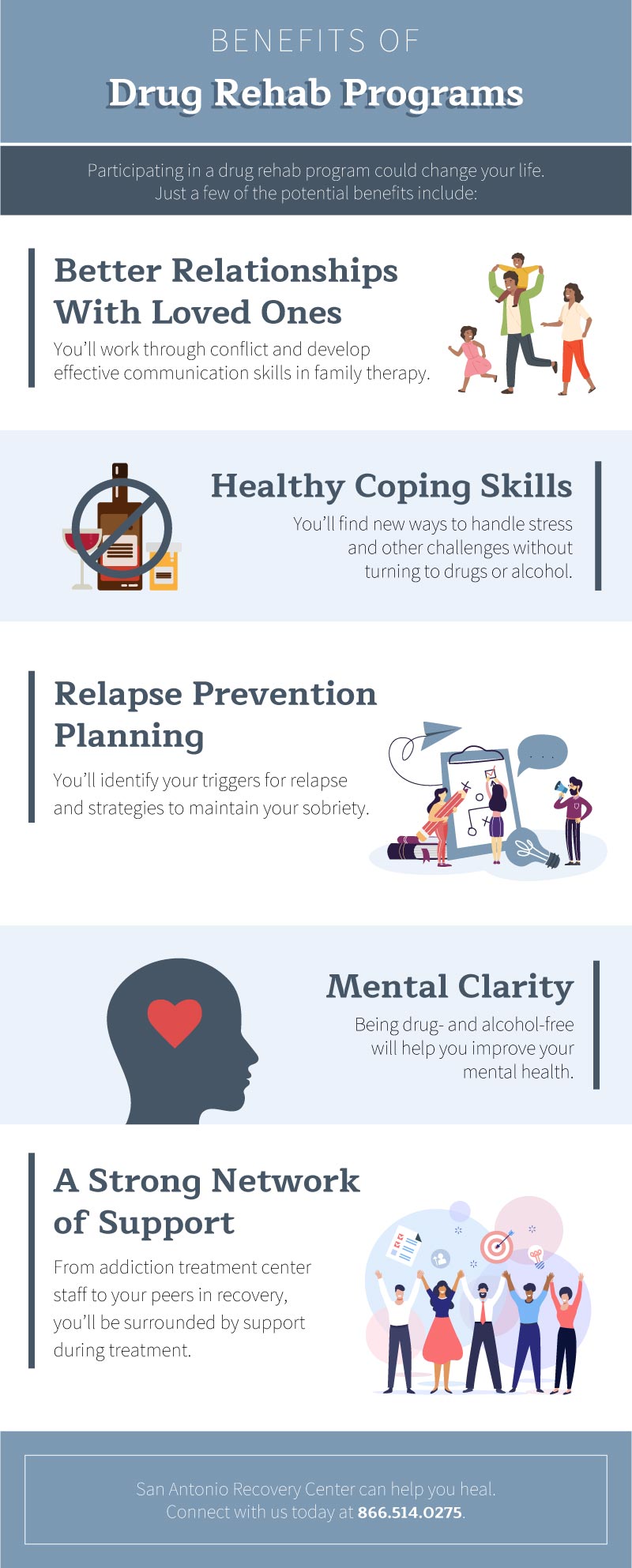Discover Effective Treatments at an Accredited Addiction Treatment Center
Discover Effective Treatments at an Accredited Addiction Treatment Center
Blog Article
Browsing the Journey of Cleansing in the Comprehensive Addiction Treatment Program
Starting the path of detoxing within the structure of a comprehensive dependency therapy program is an essential stage in the journey in the direction of recuperation. The procedure of cleansing holds a substantial function in breaking the physical dependancy on materials and preparing the individual for the subsequent stages of treatment. Navigating through detoxing is not merely a matter of physical cleansing; it requires a complex interaction of mental, emotional, and social elements that need careful factor to consider and assistance. As people face the obstacles of withdrawal symptoms and the unpredictabilities that lie ahead, having a structured strategy and a durable support system in position becomes vital. In this conversation, we will check out the multifaceted elements of detoxing within the detailed dependency therapy program and clarified the important components that form this transformative trip in the direction of recovery.
Importance of Detoxing in Recovery

Detoxification sets the structure for the remainder of the dependency treatment program by preparing the individual for more therapy and counseling. By cleansing the body important that have actually been clouding judgment and affecting behavior, detox makes it possible for people to approach their healing with a clearer mind and more powerful focus.
Moreover, detoxification helps in managing the potentially extreme withdrawal symptoms that may arise when medicine or alcohol usage is stopped. Physician carefully check people during detoxification to guarantee their security and supply essential support. With this process, individuals can start their journey in the direction of soberness with a supported psychological and physical state, raising the probability of an effective healing.
Recognizing the Detoxification Process
Cleansing, a fundamental element of addiction treatment programs, involves an organized process targeted at safely eliminating harmful materials from the body to help with a successful recuperation journey. The detox procedure normally begins with an evaluation to analyze the individual's substance use history, physical health and wellness, and mental health. This examination helps health care experts identify one of the most suitable detoxification strategy customized to the individual's demands.
During detoxification, the body experiences withdrawal as it gets used to the lack of the material. Withdrawal signs and symptoms vary depending on the kind of material utilized, the duration of use, and individual aspects. Clinical supervision during detox is essential to manage withdrawal symptoms and make sure the person's safety and security and comfort.

Managing Withdrawal Signs And Symptoms

Medicines may be made use of i loved this to relieve details withdrawal symptoms and minimize pain. As an example, medicines like methadone or buprenorphine can aid take care of opioid withdrawal signs and symptoms, while benzodiazepines might be used for alcohol withdrawal. It is important for doctor to thoroughly monitor the person's feedback to these drugs to ensure their security and effectiveness.
In addition to pharmacological treatments, supportive treatments such as therapy, peer support system, and alternative methods like mindfulness reflection or yoga can aid people deal with the emotional and mental difficulties of withdrawal. By attending to withdrawal symptoms adequately, doctor can enhance the detoxification experience and support people on their journey to recovery.

Support Solutions During Detoxification
Support group play an essential role in giving psychological and social support to people going through cleansing in addiction treatment programs. Throughout the detox process, individuals usually experience a series of emotional and physical withdrawal signs, making this phase tough - Addiction Treatment Center. Having a solid support group in position can dramatically affect the person's capability to navigate via detox successfully
Member of the family, good friends, assistance groups, and health care specialists are important parts of the support group. Family members pals and participants can use support, understanding, and a sense of belonging throughout this challenging time. Support teams provide a platform for individuals to get in touch with others that are undergoing comparable experiences, offering a feeling of neighborhood and shared understanding. Health care experts, consisting of therapists, doctors, and therapists, play an important role in keeping an eye on the person's progress, supplying clinical support, and supplying guidance throughout the detox process.
Looking Ahead: Life After Detox
Having actually successfully finished the detoxification phase, individuals in dependency therapy programs now concentrate on preparing for the difficulties go to my site and chances that lie ahead in their trip in the direction of recuperation. Life after detoxification notes a vital transition period where individuals have to continue to construct on the progress made throughout detox to maintain their soberness. It is essential for individuals to recognize that the trip towards healing is ongoing and needs commitment, dedication, and a willingness to welcome modification.
One key aspect of life after detox is the development of coping mechanisms to deal with triggers and yearnings that may develop. This might entail learning new abilities, such as mindfulness techniques, cognitive-behavioral methods, and stress and anxiety administration approaches, to navigate tough scenarios without considering material use. Additionally, people are urged to proactively take part in ongoing treatment, support system, and aftercare programs to enhance their assistance network and obtain assistance as they navigate the intricacies of life post-detox.
Conclusion
Comprehending the detoxification process and managing withdrawal signs are crucial actions in the direction of recovery. It is crucial to recognize the significance of detox in the procedure of getting rid of dependency and relocating towards a life of soberness.
Clinical supervision during detox is essential to manage withdrawal symptoms and ensure the individual's safety and comfort.
By understanding the detox procedure and its value in breaking the cycle of dependency, people can get started on a course towards lasting recuperation.
Throughout the detox procedure, people frequently experience a range of physical and mental withdrawal signs, making this phase challenging. Medical care professionals, consisting of medical professionals, therapists, and counselors, play an essential function in checking the individual's progress, providing medical support, and providing advice throughout the detox process.
Life after detoxification notes a vital shift duration where individuals need to continue to develop on the development made throughout detox to maintain their soberness.
Report this page